
New investment, state legislation and more penalties -- privacy predictions for 2025
As both businesses and individuals become more reliant on connectivity and data so concerns around privacy are increasingly to the fore.
Here are the views of some industry experts on what the privacy landscape may look like in 2025.

Mozilla removes Do Not Track setting from Firefox and suggests an alternative
Mozilla has removed support for Do Not Track from Firefox, with the company stating that it was a setting that was largely ignored by websites anyway.
More than this, Mozilla believes that Do Not Track sometimes served to reduce privacy, rather than increasing it. The suggestion for affected users is to start using options within Global Privacy Control (GPC) which are legally enforced in some countries, and far more widely respected by websites regardless of legislative requirements.

Australia passes social media ban for under 16s
After a period of intense public and political debate, Australia has approved laws that will ban anyone under the age of 16 from using social media.
While the laws were passed yesterday, it may well be a year until they come into effect -- and they will be the strictest in the world. Once in force, tech companies such as Meta could be hit with fines of up to AUS$50 million (US $32.5 million) for failing to comply.
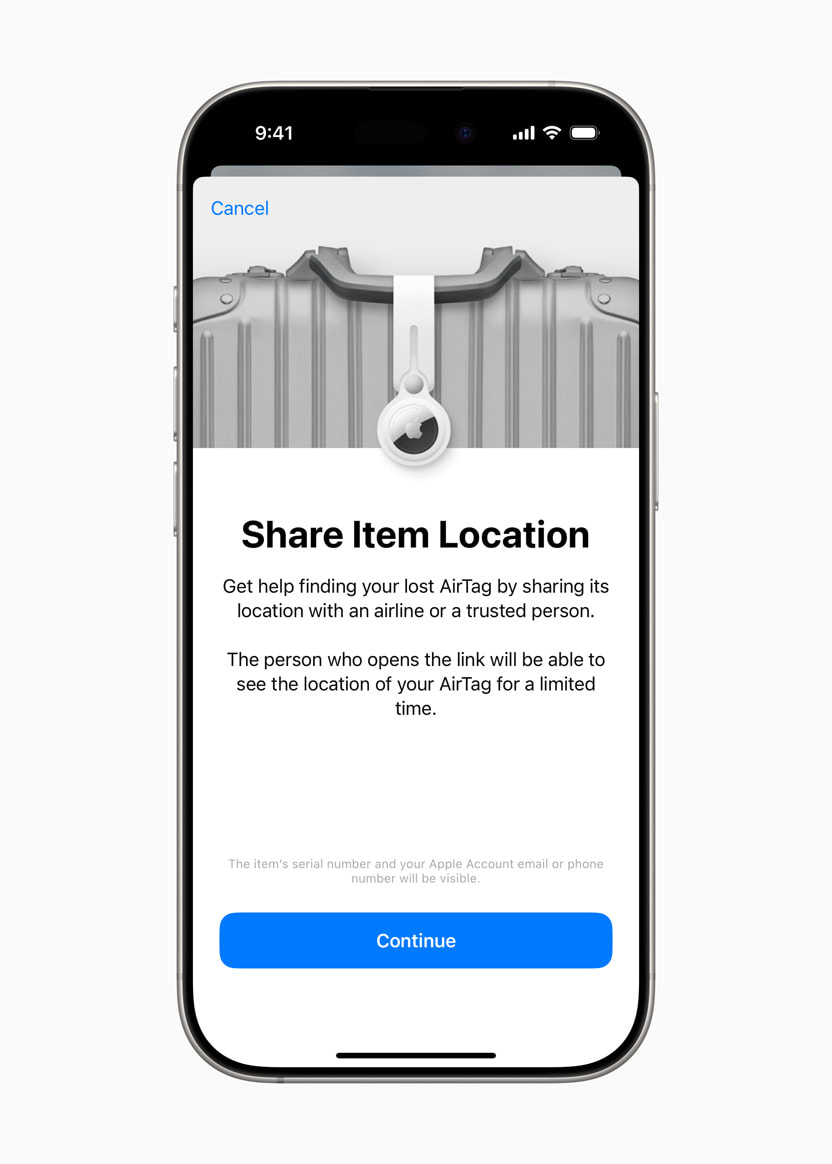
Apple Find My can now share AirTag locations with airlines and third parties
Apple has launched a beta feature called Share Item Location in iOS 18.2, allowing users to share the location of an AirTag or Find My network accessory with third parties. This update is designed to simplify the process of locating misplaced items, particularly when traveling. Users can generate a secure link in the Find My app on their iPhone, iPad, or Mac, which can then be shared. The recipient can access an interactive map that shows the item’s location and updates automatically. The shared link expires after seven days or when the item is recovered, maintaining privacy and security.
“Find My is an essential tool for users around the world to keep track of and find their belongings,” said Eddy Cue, Apple’s senior vice president of Services. “The Find My network and AirTag have proven to be a powerful combination for users while traveling, providing invaluable location information when bags have been misplaced or mishandled. With Share Item Location, we’re excited to give users a new way to easily share this information directly with third parties like airlines, all while protecting their privacy.”

X starts the rollout of update that renders blocking near-pointless
Back in September, Elon Musk announced upcoming changes to the blocking feature of X. Once fully implemented, the change means that when an X user blocks someone, that blocked user will still be able to see all of the content posted by the blocker, although no interaction will be possible.
The precise reasons for changing the functionality of blocking in this way is not really clear, but it is something that has sparked concern. In addition to risks to privacy, there are also worries about what the changes could mean for victims of cyber-stalking.

Shoppers willing to hand over personal data to get a holiday bargain
A new survey from Norton shows that 60 percent of UK holiday shoppers say they are swayed by good holiday deals and nearly two-thirds (61 percent) give away their personal information to receive a discount when shopping.
The study reveals that 70 percent of Brits have tried to secure discount codes, through means like signing up to a website's mailing list or answering a survey. 61 percent of those who tried to secure discounts admit to divulging their personal information to do so.
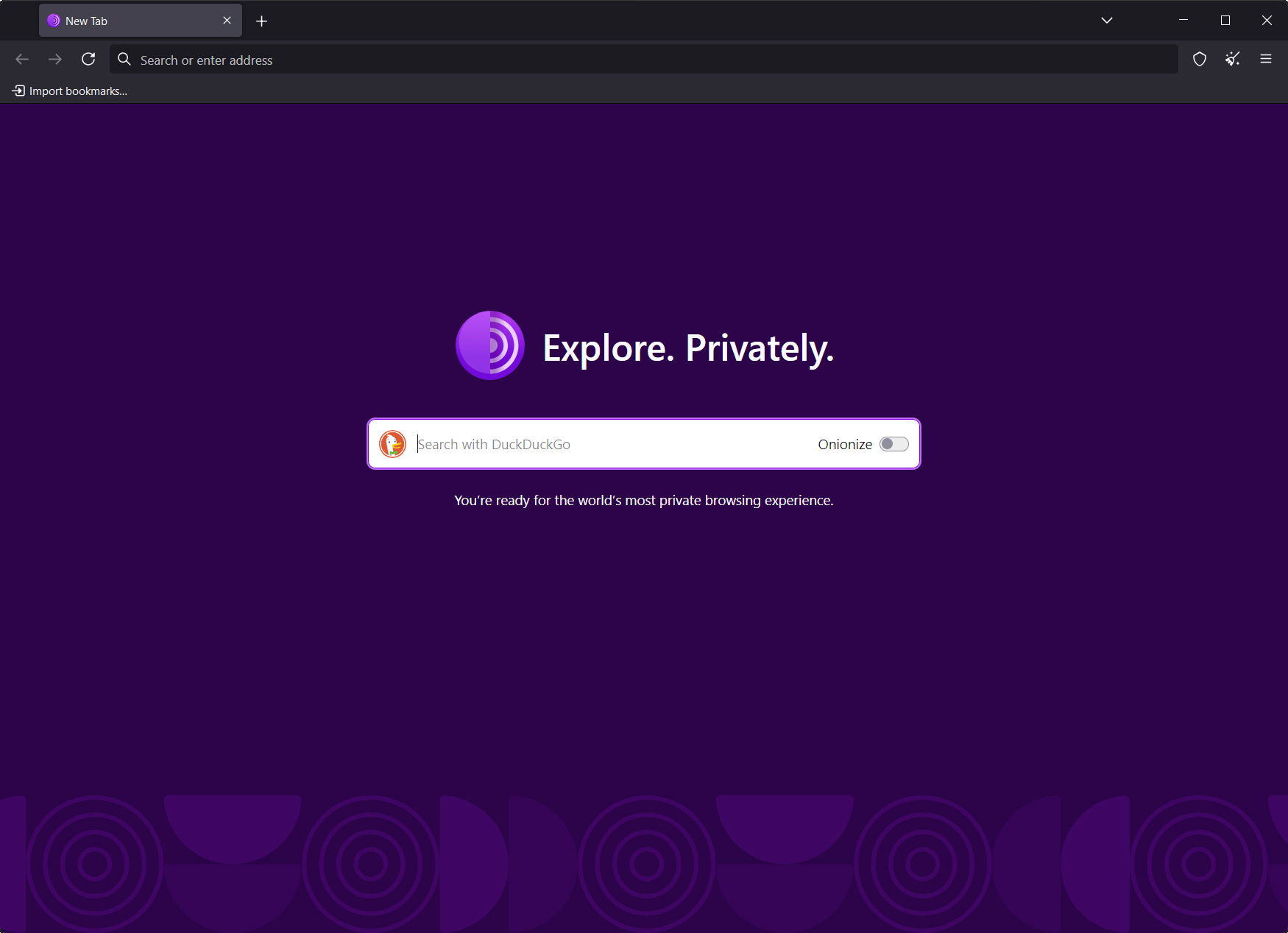
Tor Browser 14.0 amps up privacy, but drops support for older Windows and macOS systems -- are you still protected?
The Tor Project has announced the release of Tor Browser 14.0 for Windows (both 32-bit and 64-bit), Mac, Linux, and Android. The browser offers increased privacy to users by redirecting their internet traffic through the open Tor network.
Tor Browser 14.0 updates the browser’s underlying code to the latest Firefox ESR release -- 128 -- while also introducing new improvements that allow its fingerprinting protections to work with several new features introduced in Firefox’s latest ESR release.
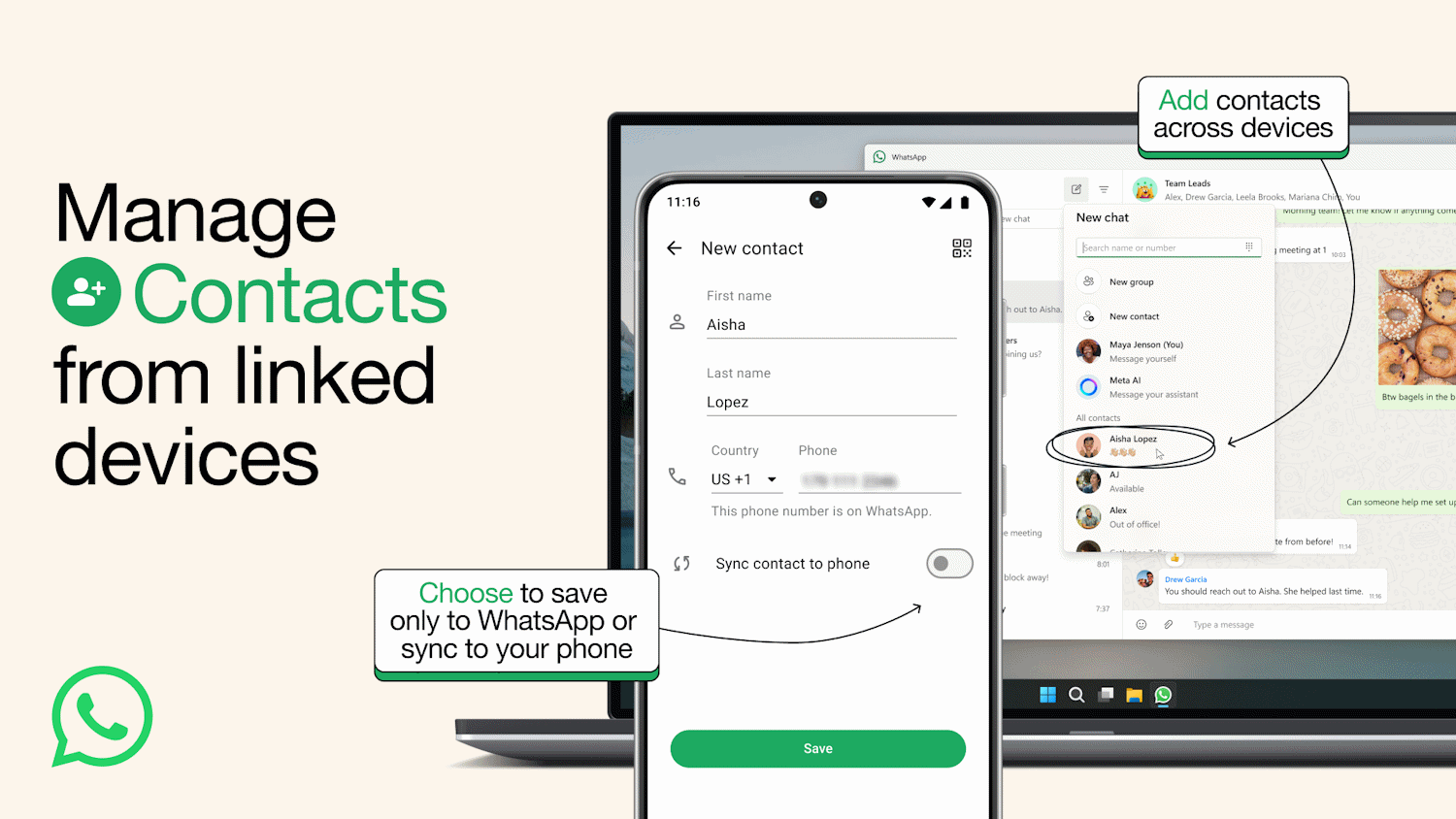
Adding contacts to WhatsApp just got a whole lot easier
Managing WhatsApp contacts has proved to be a frustrating friction point for many users, and Meta has just announced that it is taking steps to simplify things.
As well as making it possible to add contacts via the web interface and Windows app, soon it will be possible to use linked devices -- not just your primary mobile -- to manage them. There are also new privacy controls including the option to create WhatsApp-only contacts to keep your main address book separate. And there is more on the horizon, with contact usernames being a particular highlight.
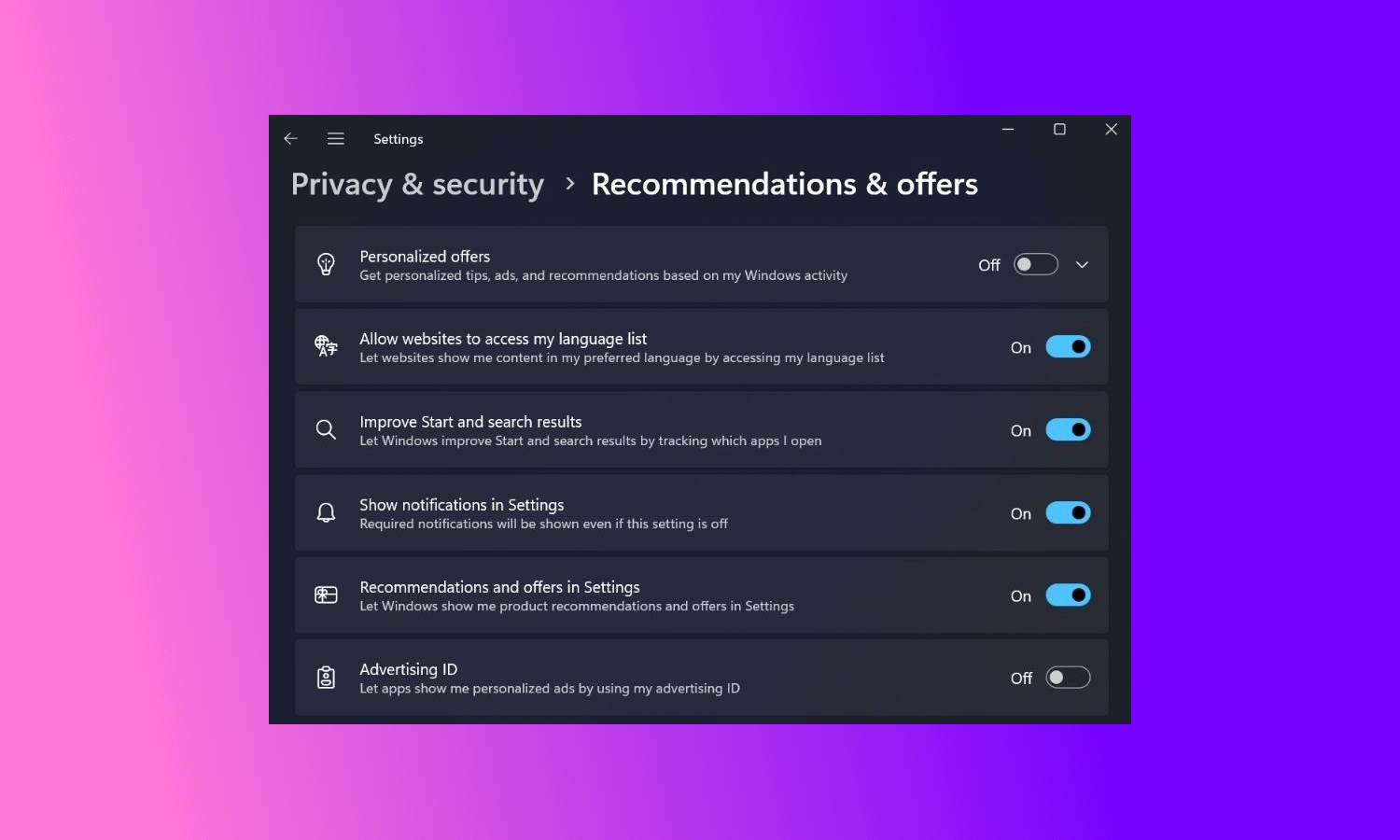
Microsoft is giving Windows 11 users (a bit of) control over the in-OS ads they see... but there’s a sting in the tail
Microsoft’s insistence on levering ads into Windows 11 in a variety of ways has long been a source of frustration for users. While the company shows no signs of letting up in this department, there is a tiny bit of good news cresting the horizon.
In the latest beta and canary builds of Windows 11, there are new options in the Settings app that make it possible to take control of ads. This is clearly encouraging, but before you get too excited it is important to note that the level of control the new settings afford users is limited, and there remains no way to avoid ads altogether. Predictably, there is even more bad news.

Meta is training its AI using an entire nation’s data… with no opt-out
The question of how to train and improve AI tools is one that triggers fierce debate, and this is something that has come into sharp focus as It becomes clear just how Meta is teaching its own artificial intelligence.
The social media giant is -- perhaps unsurprisingly to many -- using data scrapped from Facebook and Instagram posts, but only in Australia. Why Australia? Unlike Europe where General Data Protection Regulation (GDPR) necessitated Meta to give users a way to opt out of having their data used in this way, Australia has not been afforded this same opportunity. What does this mean?

How IT leaders can address online privacy risks [Q&A]
Enterprises are facing a rapidly changing privacy landscape, in which some laws contradict each other, while struggling to reduce costs and gain visibility into their privacy risks.
Indeed there’s been a recent increase in lawsuits against companies for online privacy violations that is putting significant strain on C-level executives and they're looking to their IT leaders to address all of this risk with technology.
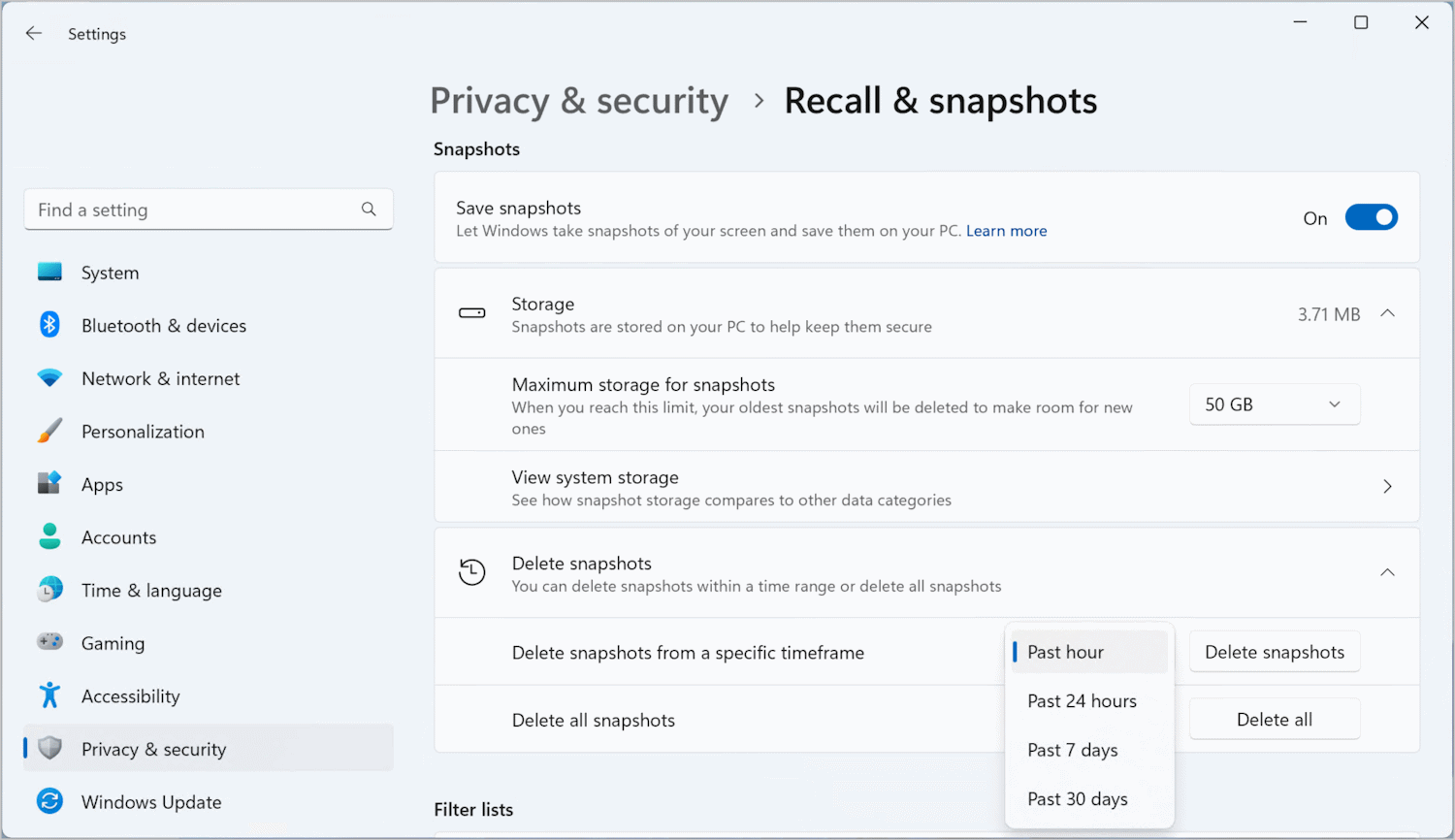
If you're worried about privacy and security, you'll be able to uninstall Recall from Windows 11
The Recall feature of Windows 11 has not even launched yet, but it has proved endlessly controversial since it was first announced a few months back. Microsoft says that Recall will help users retrace their steps by taking snapshots of activity every few seconds, providing a way to step back in time and jump to an earlier activity.
Such was the uproar about the security and privacy implications of the feature, Microsoft has already made concessions. The company first pulled the feature from preview builds of Windows 11 to do further work on it, and then announced that it would be opt-in rather than enabled by default. Now it turns out that it will be possible to uninstall it completely.
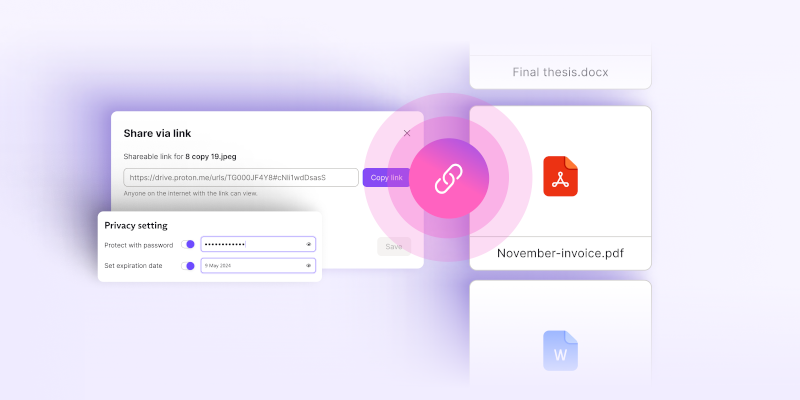
Proton launches secure cloud storage for businesses
Swiss company Proton is known for its privacy focused solutions including secure mail, VPN and password manager. Today the company launches a new service, Proton Drive for Business.
This is a comprehensive solution designed to provide secure and private cloud storage, file sharing, and real-time document collaboration for organizations. In an era where data breaches and unauthorized use of company documents are common, this new service offers security and privacy to businesses of all sizes, with end-to-end encryption.

Proton VPN launches updates to protect free speech
Governments in many countries are imposing internet shutdowns at alarming rates, reaching new milestones each year with 283 shutdowns documented in 39 countries in 2023. Often these are triggered by public protests, active conflict, elections or political instability in order to keep people in the dark.
Proton VPN is announcing three major updates designed to fight censorship and protect free speech around the world.

Artificial Intelligence: Convenience at the cost of privacy?
We live in an age that is witnessing the rise of Artificial Intelligence. Many companies have begun incorporating AI features in their operating systems and apps, whether we like it or not.
AI assistants are not new per se, the likes of Apple's Siri, Google Assistant, Amazon's Alexa have existed for over a decade. But, the emergence of Open AI's ChatGPT changed how people view digital assistants. Chatbots offer a more interactive experience, you can text them like would a friend, access a history of your chats, and get relevant results. This was something that the old-gen couldn't provide, contextual interaction.
